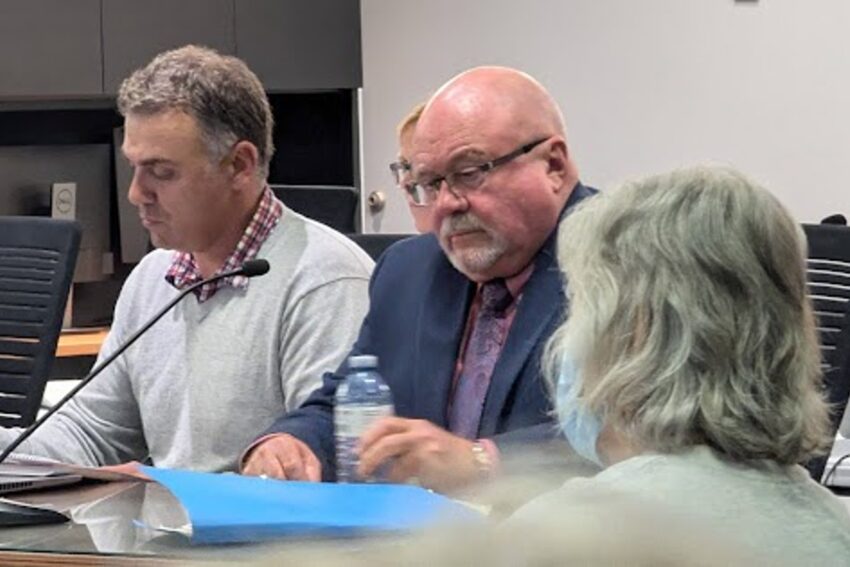Wednesday’s special council meeting in Oro-Medonte Township, billed as an information session on the challenges of prosecuting short-term rental (STR) operators, didn’t go quite as planned.
One of the township’s guest speakers, Paul Dray, an experienced paralegal and prosecutor who provides prosecution services for 35 municipalities, including several here in Simcoe County, threw a huge bucket of cold water on the proceedings partway through his presentation.
“My suggestion, the key to short-term rentals, and I give this advice to all my clients, get your zoning bylaw right,” he said. “Have the definitions right in there. Once you’ve got that, you can decide (how to deal with STRs): Do we go with the zoning or do we go with licensing? But you’ve got to get that zoning bylaw right.”
He said the township’s current bylaw is troublesome and he had little confidence in it.
He said he would have done the same thing as the township’s prosecutor, who earlier this year withdrew two charges under the Provincial Offences Act against STR operators because the evidence provided was insufficient to secure a conviction.
“I think you’ve sort of run against a brick wall. I don’t how in god’s earth you’re going to prove that commercial aspect. You have to have some evidence that it’s commercial. You have no rights to books or records. You have no right to know how much it’s rented for.
Dray argued the best route to control STRs is through licensing.
“Zoning bylaws are written by planners, not enforcement people,” he said. “If you look at the definition of your dwelling unit, it says used or intended to be used. How in god’s earth would we ever prove in court that a person intended a use?
Dean Blaine suggested the township look in a different direction for a solution via the Residential Tenancies Act.
A lawyer by trade, Blaine suggested it might be a viable alternative.
“The Residential Tenancies Act of Ontario is the provincial system for governing residential tenancy throughout the province,” he said. “It has all kinds of rules, as we know, about how one conducts a residential tenancy, both from the point of view of the landlord and the tenant, but there is an exception in that legislation that says it does not apply to accommodation provided to the vacationing or travelling public.
“So, I think it’s very clear that Ontario legislation distinguishes very clearly that something used as a short-term accommodation (STA), that is not a place of the person’s normal domicile and residence, is not a residential use,” Blaine added.
Blaine said that was important because one of the struggles with zoning enforcement is a notion the defendant will claim that their activity of using the property as an STR falls within the scope of the dwelling unit permitted use.
“In the Toronto short-term rental case, a couple of years ago, before the now Ontario Land Tribunal, the chair of the OLT in that case, said that short-term rentals are distinct commercial entities, very distinct and completely distinct from residential occupation,” Blaine said.
“I think there is clear authority that STAs, STRs, whatever you want to call them, vacation rental units in Niagara Falls, just like bed-and-breakfasts, actually, are not a residential use of the building,” said Blaine.
“That’s a very important distinction that runs through case law in the provinces of British Columbia and Ontario. I would encourage you and your council to look into that more fully.”

